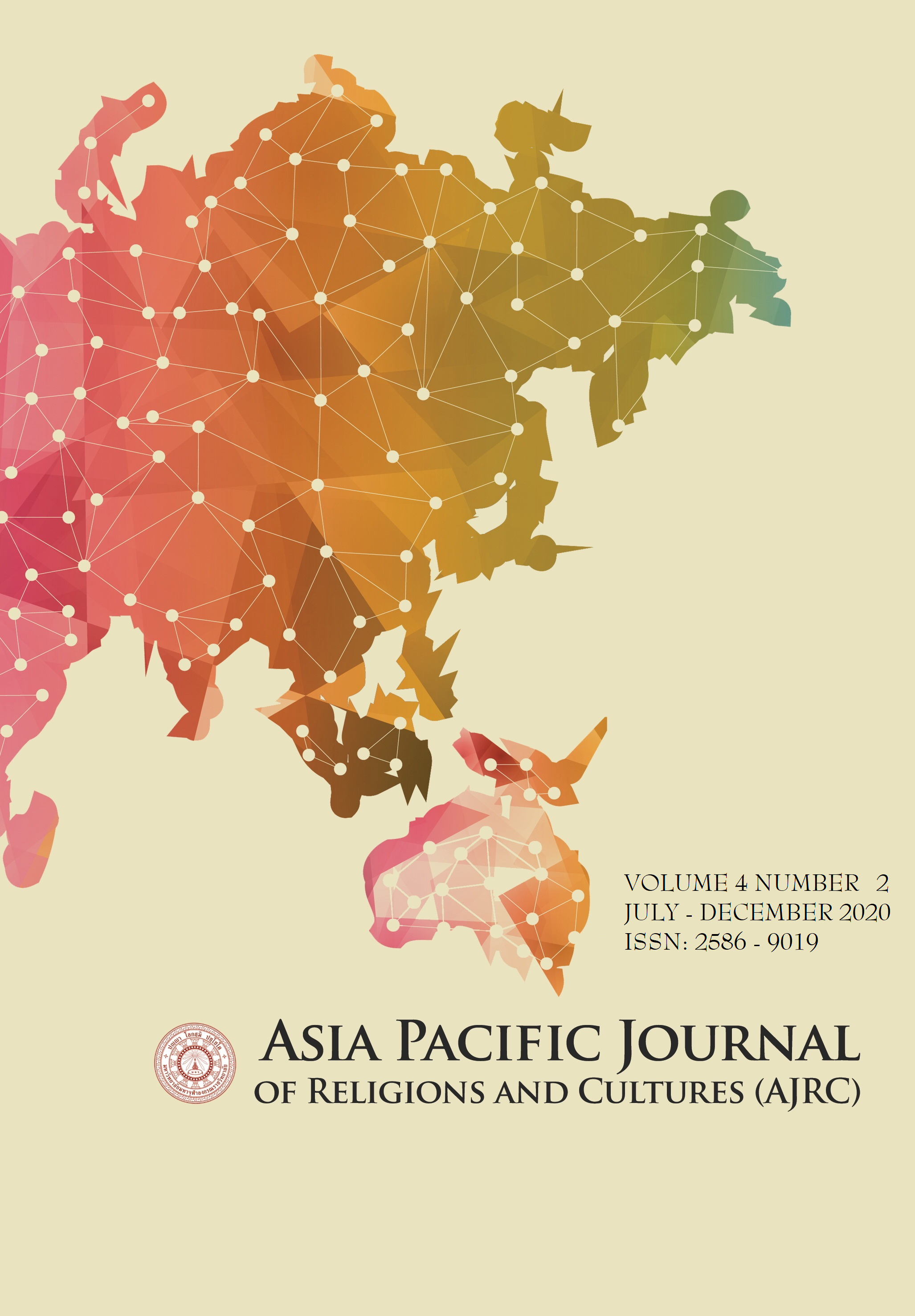Causal Factors of Intention to Use Food Delivery Service via Mobile Application Food panda for consumers in Nonthaburi Province
Main Article Content
Abstract
This research aimed to develop the causal factors of consumers' intention to use food delivery service via mobile food panda application in Nonthaburi Province and to verify the consistency of causal factors. It was developed with empirical data using questionnaires as a tool to collect data from people who have used the food delivery service through the Mobile Food Panda app. The statistics used for data analysis were structural equations used in the analysis of causal factors to determine the path of influence, causal factors of the variables consisted of 5 areas: 1) consciousness 2) perception of use. Tasks 3) Perception of Ease of Use 4) Exposure to Experience and 5) Intention to Use the Service
The results showed that the developed causal factors were consistent with empirical data, with a predictive coefficient of 0.89, indicating that the variables could explain the variability of food delivery intentions through the mobile food panda app. Of consumers in Nonthaburi province and to examine the consistency of causal factors developed with empirical data, 89% found that exposure aspect had the greatest influence on their intention to use the food delivery service through the app. Mobile Food Panda for consumers in Nonthaburi province.
Keywords: Causal Factors, Service Usage, Food Delivery, Mobile Food Applications Panda,
Nonthaburi Province
Article Details
References
Amphat, W. (2014). Behavior of buying products in the Niche market of the people of Muang District. Nakhon Pathom Province. Journal of Humanities and Social Sciences Udon Thani Rajabhat University. 3(2), 39-52.
Chancharoenwong, U. (2012). Quality of Commercial Banking Service In Pak Kret District Nonthaburi Province(Master's Thesis). Valaya Alongkorn University Under royal patronage.
Davis, F. D. (1989). Perceived usefulness, perceived ease of use, and user acceptance of Information technology. MIS Quarterly, 13(3), 318-339.
Digman, J. M. (1990). Personality Structure: Emergence of the Five-Factor Model. Annual Review of Psychology. 41, 417 – 440.
Hair, J. F., Black, W. C., Babin, B. J. & Anderson, R. E. (2010). Multivariate Data Analysis. (7th ed.). New Jersey: Prentice Hall.
Kline, R. B. (2011). Principles and practice of structural equation modeling. (3rded.). New York: The Guilford Press.
Kriengcherdsak, P. (2009). A study of the quality of service via website: Case study of Thammasat University Library(Independent Research Master's Degree, Major in Technology Management). Thammasat University.
Mesom, D. (2017). Factors affecting the intention of using the application Lineman of service users in Bangkok(Master of Business Administration Management). Srinakharinwirot University.
Poonyapha, D, Pornboonchoo, A., & Somboonthawee, K. (2018). Adoption of the use of technology affects the intention of ordering food through the Wongnai application by Line Man services. Lampang: Lampang Rajabhat University.
Rungsungnern, K. (2011). Factor analysis with SPSS and AMOS for research. Bangkok: SE-EDUCATION.
Sinjaru, T. (2017). Research and Statistical Analysis with SPSS and AMOS. (17th ed.). Bangkok: Business R&D.
Srichan, T. (2019). Grab vs GET wakes up food ordering apps. Economic base newspaper.
Srisawat, S. (2011). Relationship between Corporate Social Responsibility (CSR) and Corporate Image of the Siam Cement Group (SCG) in the consumer perspective in Bangkok(Independent Study of Master's Degree). Rajamangala University of Technology Thanyaburi.
Suthipong, P. (2009). A study of attitudes that correlate with consumers purchasing life insurance(Independent research, Master's degree). University of the Thai Chamber of Commerce.
Tongjit, S. (2016). Factors Influencing Decision Making in Online Shopping through E-Commerce Market Channels (E-Marketplace)(Independent research, Faculty of Commerce and Accountancy). Thammasat University.


